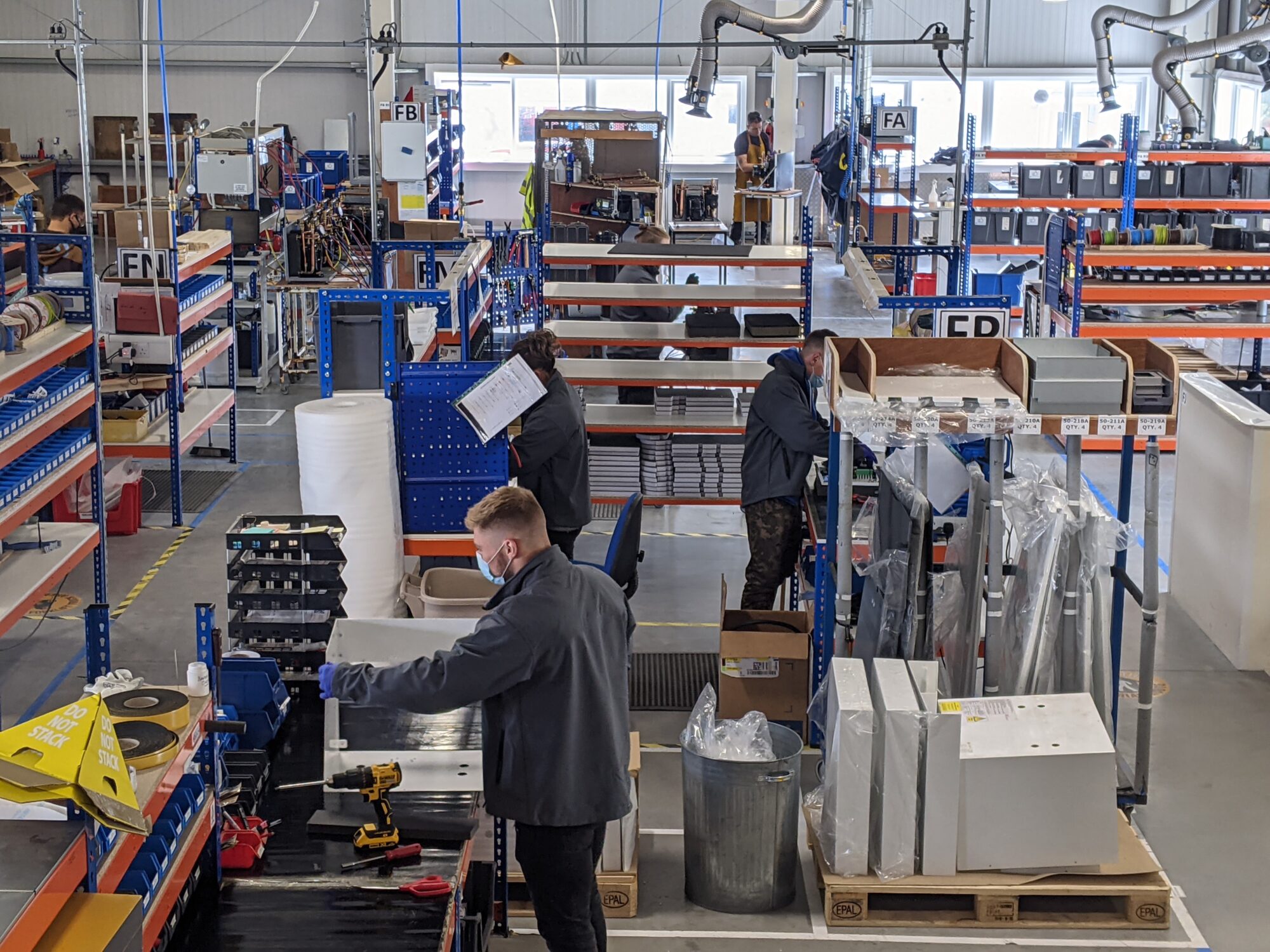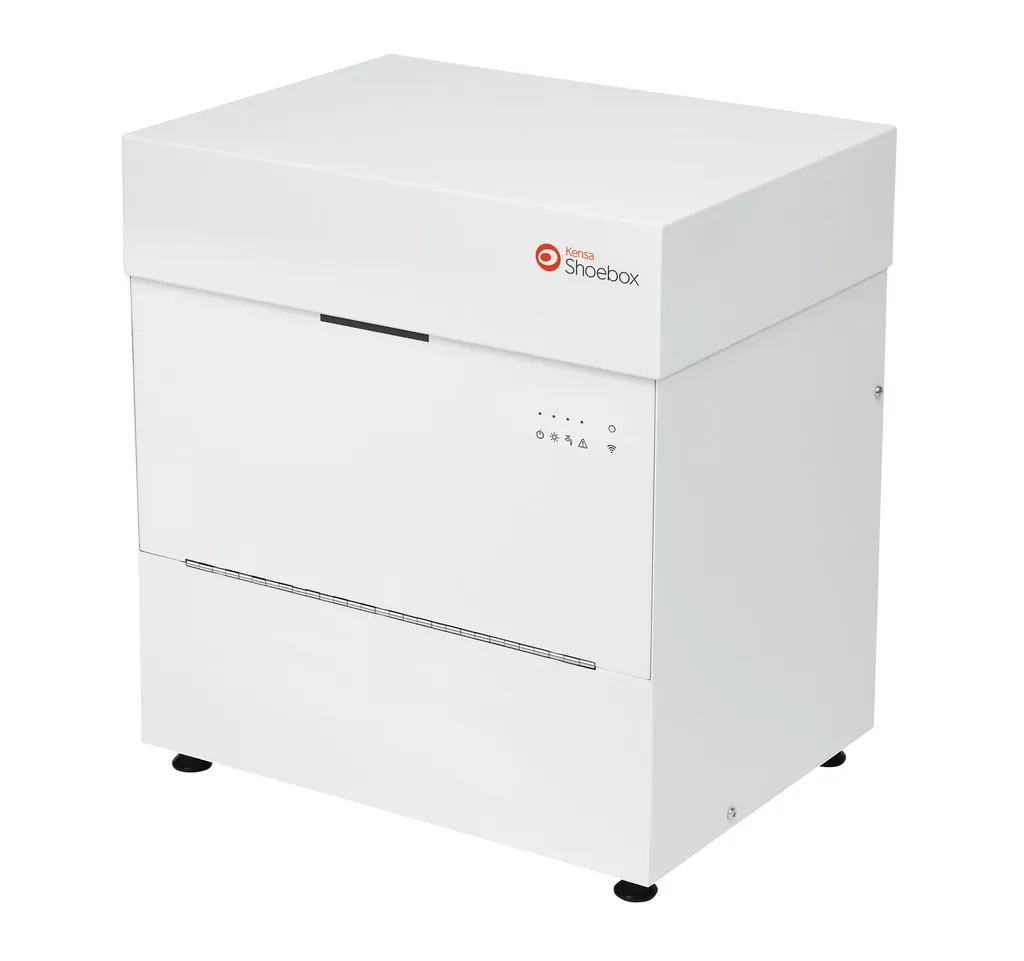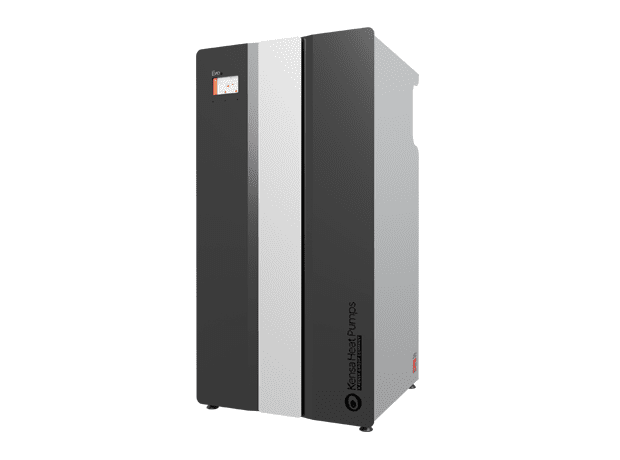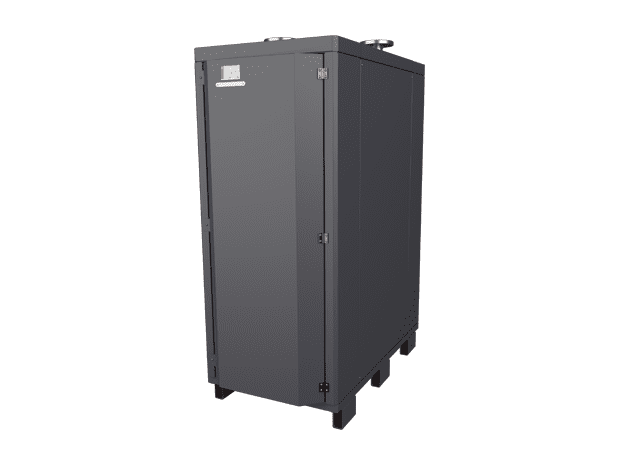Kensa Heat Pumps has won £92K of Government funding to develop an online dashboard using AI to monitor single or multiple ground source heat pumps, allowing for remote commissioning and predictive maintenance to reduce installation and ownership costs and keep systems running efficiently.
The 19-month project, worth £263K is part-funded by Department for Energy Security & Net Zero through their Net Zero Innovation Portfolio (NZIP). Kensa, the UK’s leading ground source heat pump specialist, is one of thirty-seven British companies to get a share of a £19 million Energy Entrepreneurs Fund: phase 9.
Kensa’s new project – PREDICT (Predictive Remote Engineering Diagnostics Integrated Communication Tool) – will develop a user-friendly dashboard that processes and interprets heat pump operating data, allowing end users, installers and landlords to remotely manage the health of their heat pumps.
Using AI, the dashboard will provide alerts of potential faults before they occur and suggest how to combat them through a predictive and proactive maintenance package. This pioneering feature will give PREDICT the capability to improve customer experiences and prolong heat pump unit lifespans.


Dan Roberts, Technical Director at Kensa Heat Pumps, said:
We’re delighted to have been awarded funding under EEF to develop the PREDICT dashboard which will benefit our customers and make the transition from gas boilers towards heat pumps more financially favourable.
Linking ground source heat pump operating data with the new dashboard and predictive maintenance package will reduce the costs associated with unexpected maintenance and heat pump ownership, increasing consumer confidence in the technology.
Kensa’s is continually innovating to boost heat pump sales and promote the widespread adoption of the technology. This is necessary if the UK is to increase current levels of heat pump sales to 600,000 a year by 2028 (UKGov Ten Point Plan), helping the country to hit its net zero targets.
The product will benefit many customer stakeholders:
- Homeowners will be able to monitor the health of their heat pump, review electricity usage vs heating, look at past maintenance dates and plan services to suit their budgets.
- Installers and landlords can monitor all their heat pumps from one dashboard, making it faster to identify issues with individual units and run basic diagnostics.
- Installers will be able to carry out remote commissioning, meaning cheaper installations and less disruption for homeowners and residents.
- Homeowners and landlords will be notified of potential faults before they happen, meaning costs saved in emergency callouts at inconvenient times.












